How to get a Drone License in the United States

Some studies show that the agricultural sector will become the second largest user of drones in the world in the coming years. The use of drones for agricultural activities also requires a license to protect operators, bystanders and the environment. Remember to visit our agricultural drones category where we recommend the T10 and T30 specialized in crop protection; and the Phantom 4 RTK ideal for mapping.
Hello there, fellow pilots! How's your October been so far? It's Halloween time! With every celebration come a bunch of opportunities to find new and exciting forms of entertainment. Flying drones might not be what you were thinking of but let us make our case to see if we can persuade you!
For the past few months, we've seen how people have grown fond of their little aircrafts because of their usefulness and versatility. It's always impressive to see a drone fly off and watch the technology in action. Capable of producing extraordinary footage and photography, drones have also become outlets for creativity and passion.
We like to think we're contributing to the possibility of people, no matter their origin or their perspective, being able to produce incredible things that they didn't figure they could do before using a drone.
Drones can be so helpful that it's not rare to see some folks dedicating all of their time to or making a career out of piloting them. That's why we thought it would be pretty cool to talk with our audience about getting a drone license in the United States.
Step-by-Step to be a Licensed Pilot
A while ago, we posted a blog where we talked about the legality of drones in California. We talked about how laws differ for commercial or recreational pilots. We recommend you check that article out to get some other clarifications we omitted this time to touch on some other subjects.
In this case, we're gonna assume you came here looking for answers because you want to become a pilot for commercial reasons: maybe you're part of a filming crew or you want to up your vlogger game hundred-fold, the same principles apply!
There's something called Part 107 that you'll have to be always in compliance with. Part of the process for getting licensed is to pay for a Part 107 exam which costs $175.
Courtesy of UAV Coach, a specialized website with information about drones and other types of unmanned vehicles, we've drawn a step-by-step guide so you'll know what to do to get your license.
Here's what you gotta do:
- You shall be at least 16 years old.
- Take and pass the Aeronautical Knowledge Test. Register to undergo the exam at the FAA-approved knowledge testing center that's closer to you.
- Get the Remote Pilot Certificate at its respective web portal. It will only take a few minutes and you'll just have to navigate through some questions and forms.
- Wait until you're vetted by the FAA for takeoff. Before you engage in any drone operations, stand by until the approval process is complete.
Pretty simple, right? As per our experience as drone sellers, we've seen prospective pilots are often in the 25 to 38-years-old demographic, so the first requirement shouldn't be a problem for you if you're the same.
Also, taking the Part 107 test doesn't take too long either. You'll have time to get ready and there are lots of supporting materials that you can use to study and be well-prepared for the exam.
What about after getting the license?
Becoming a licensed drone pilot will open up a big door of possibilities for you. Not only will you be allowed to fly your drone where most people can't (on the flipside, you'll have to abide by a different, wider set of rules) but also, you may be able to make money out of it.
After getting your license, you'll have to keep in mind you're going to need to prove you're putting it to good use by doing what is known as drone registration maintenance, every 3 years, and taking recurrent aeronautical knowledge tests every 2 years.
Even though the profession of piloting drones and the aircrafts themselves are pretty new, it has become a solid industry, with work salaries going as high as $75,000. We mentioned earlier that drones are popularly known for their footage-recording and photography capabilities, but they're also used in fields such as agriculture, construction and more.
Whatever you decide you'll be doing with your aircraft, rest assured that you'll do fine! What's left for us to recommend is that you check out some of the amazing drones we have in our store and go for the one that suits you best!
Remember you get Free Shipping for a purchase of $149 or more in all of the US!
Also, if you have any questions, get in touch with us via WhatsApp (+1-786-909-3320), and we'll make sure to get back to you as soon as we can.
Here's a coupon for a sweet discount, for your attention! Thank you and see you on our next blog!

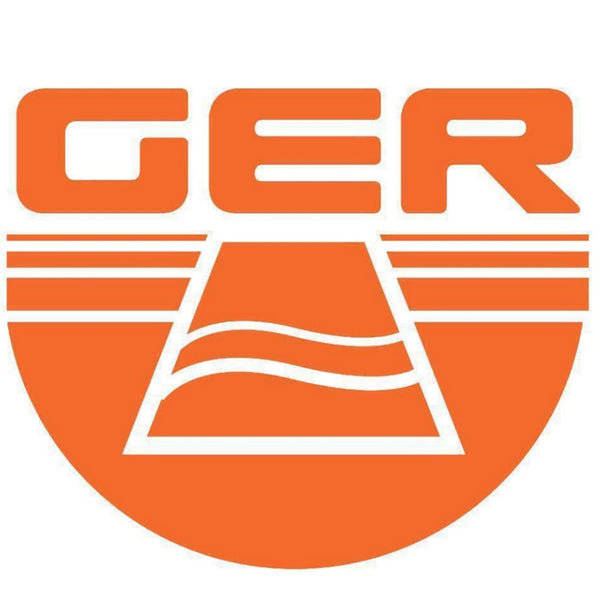



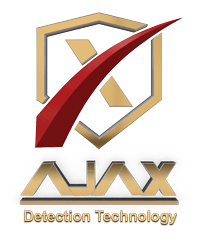
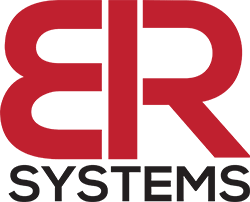
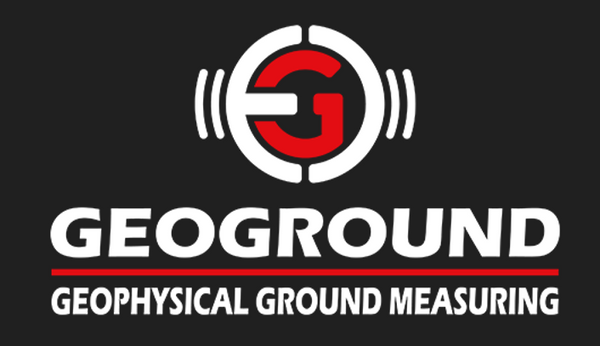
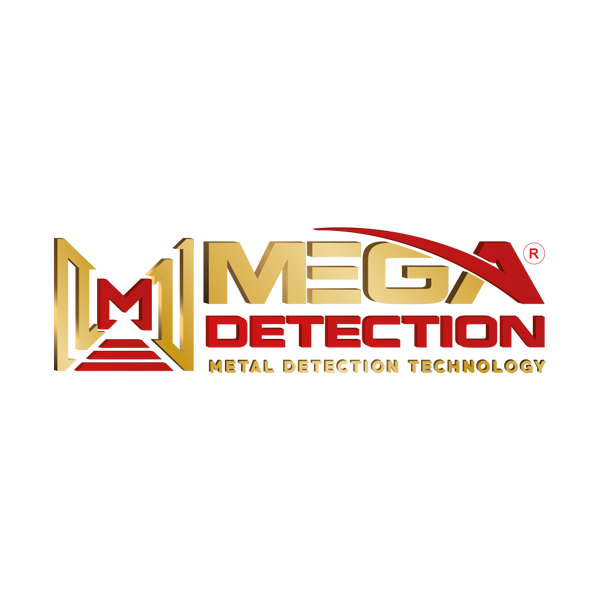


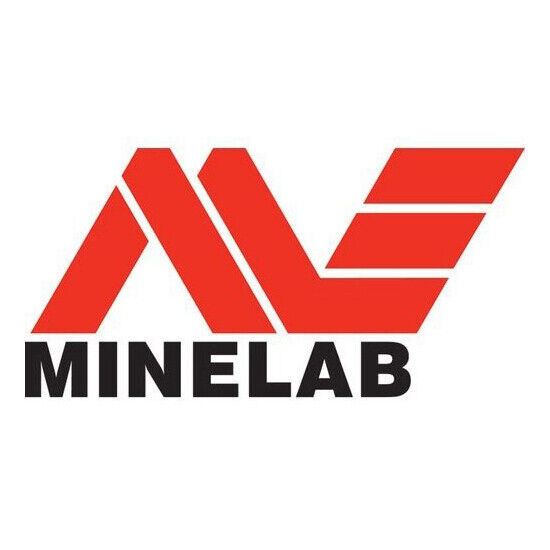
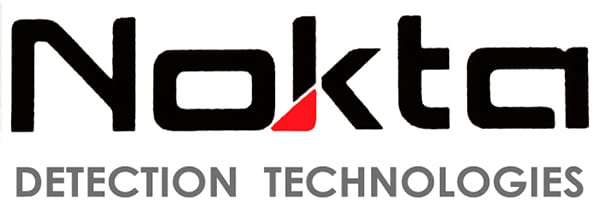
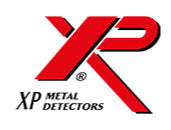





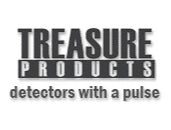
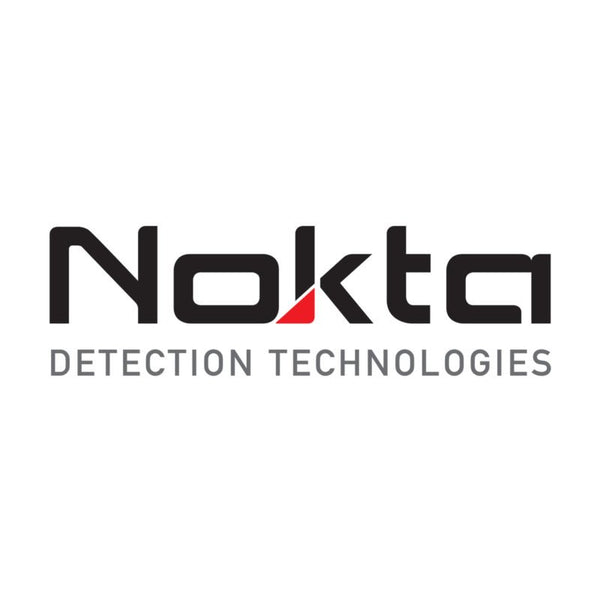


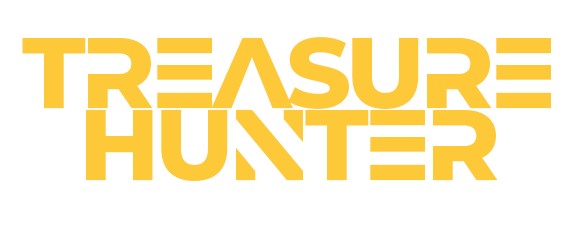

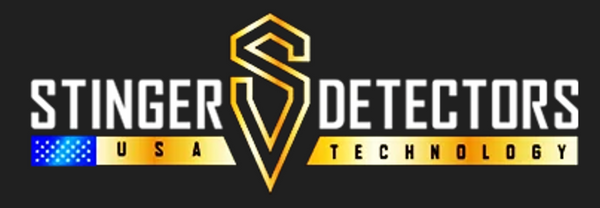

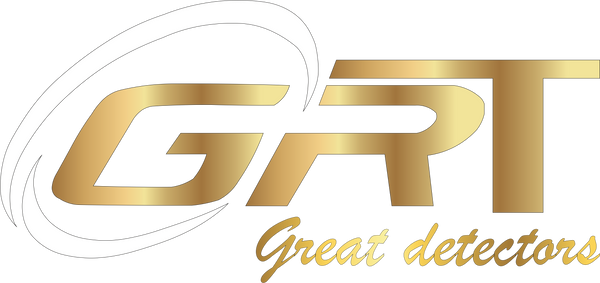




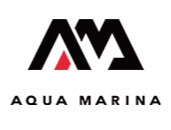
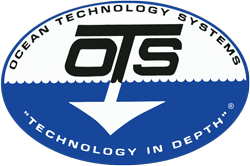


Leave a comment